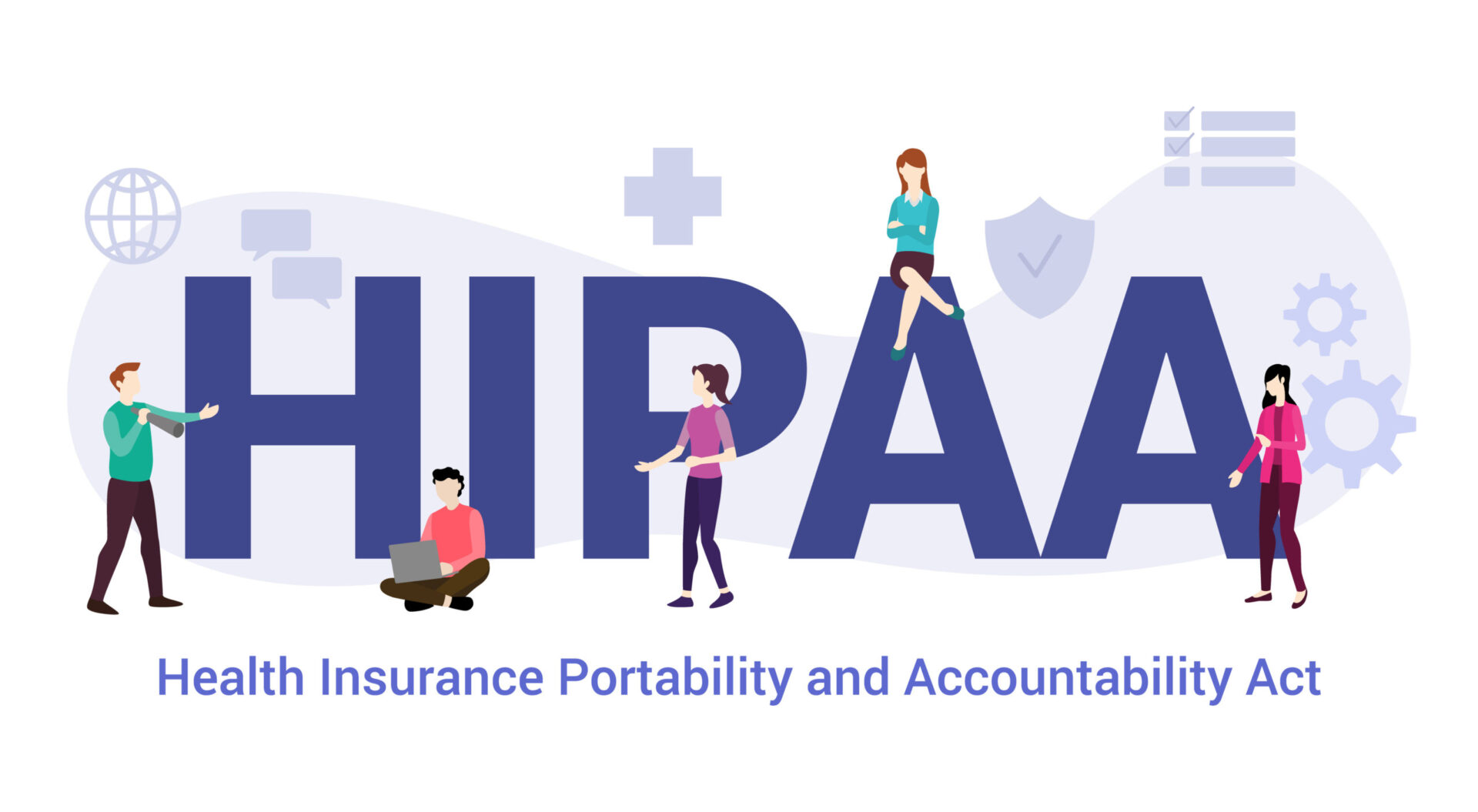
Trust forms the foundation of every successful healthcare relationship. Without it, patients hesitate to share symptoms, doctors struggle to diagnose accurately, and treatment outcomes suffer. The Health Insurance Portability and Accountability Act (HIPAA) serves as the cornerstone that protects this trust by safeguarding patient privacy and establishing clear standards for healthcare data handling.
The Foundation of Healthcare Trust
Healthcare providers handle some of society’s most sensitive information. Medical records contain details about mental health struggles, addiction issues, chronic conditions, and genetic predispositions that patients share with the expectation of complete confidentiality. HIPAA creates a legal framework that transforms this expectation into a protected right.
When patients know their information remains secure, they communicate more openly with healthcare providers. This transparency leads to better diagnoses, more effective treatment plans, and improved health outcomes. Studies show that patients who trust their healthcare providers are more likely to follow treatment recommendations and maintain long-term relationships with their medical teams.
Building Confidence Through Clear Standards
HIPAA establishes specific rules about who can access patient information and under what circumstances. These regulations create predictable boundaries that both patients and providers understand. Healthcare organizations must implement administrative, physical, and technical safeguards to protect patient data from unauthorized access, use, or disclosure.
Administrative safeguards include designating privacy officers, conducting regular staff training, and establishing clear policies for information handling. Physical safeguards involve securing facilities, workstations, and media containing patient data. Technical safeguards encompass access controls, encryption, and audit logs that track who accesses patient information and when.
Empowering Patient Control
One of HIPAA’s most powerful features is giving patients control over their own health information. Patients have the right to request copies of their medical records, ask for corrections to inaccurate information, and limit how their data is shared. This level of control helps patients feel more confident about participating in their healthcare decisions.
The law also requires healthcare providers to obtain patient authorization before using or disclosing health information for most purposes beyond treatment, payment, and healthcare operations. This requirement ensures that patients understand how their information will be used and can make informed decisions about sharing their data.
Addressing Modern Healthcare Challenges
Healthcare delivery has evolved significantly since HIPAA’s initial implementation in 1996. Electronic health records, telemedicine, and digital health applications have revolutionized how medical information is stored, accessed, and shared. HIPAA’s privacy and security rules have adapted to address these technological changes while maintaining core protection principles.
Healthcare organizations now use sophisticated systems, including specialized mental health EMR platforms, to manage patient data while maintaining compliance with privacy regulations. These systems incorporate built-in safeguards that help providers deliver quality care while protecting patient confidentiality.
Supporting Vulnerable Populations
Certain patient populations face unique privacy concerns that make HIPAA protections especially valuable. Mental health patients, substance abuse treatment participants, and individuals with stigmatized conditions rely heavily on confidentiality assurances. HIPAA provides additional protections for these sensitive health information categories, often requiring specific patient consent before disclosure.
These enhanced protections encourage individuals to seek necessary treatment without fear that their personal struggles will become public knowledge or affect their employment, insurance coverage, or personal relationships.
Economic Impact of Trust
Patient trust has measurable economic benefits for healthcare organizations. Facilities with strong privacy reputations attract more patients, experience fewer data breach incidents, and face reduced legal liability. HIPAA compliance, while requiring initial investment in staff training and technology upgrades, ultimately protects organizations from costly security incidents and regulatory penalties.
Healthcare providers who prioritize patient privacy also tend to have higher patient satisfaction scores, leading to better reimbursement rates under value-based payment models that reward quality outcomes.
The Path Forward
Healthcare continues evolving with artificial intelligence, wearable devices, and personalized medicine creating new opportunities and challenges for patient privacy protection. HIPAA’s flexible framework allows for innovation while maintaining essential privacy protections that preserve patient trust.
As healthcare becomes increasingly digital and interconnected, HIPAA remains the critical foundation that allows patients to confidently engage with the healthcare system. By protecting patient privacy, HIPAA enables the open communication and data sharing necessary for effective medical care while respecting individual autonomy and dignity.
The strength of healthcare relationships depends on mutual trust, and HIPAA provides the regulatory structure that makes this trust possible in our complex medical landscape.
